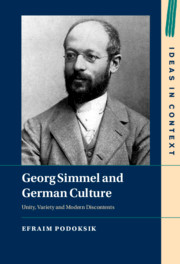This article undertakes a substantial theoretical reorientation of research into the concept of trust. Analysing key passages in the work of Georg Simmel, it is argued that the link between trust bases and a trustful state of expectation is much weaker than is commonly assumed. In particular, Simmel recognises a ‘further element’, a kind of faith, that is required to explain trust and its unique nature. His work has influenced key authors in the field such as Luhmann and Giddens, but the ‘further element’ that concerns the crucial, proverbial leap of trust is still underdeveloped. Hence, the article proceeds to conceptualise trust as a mental process of three elements that further research should embrace: expectation, interpretation and suspension. Expectation is the state (outcome) at the end of the process. It is preceded by the combination of interpretation and suspension. The former concerns the experiencing of reality that provides ‘good reasons’. It is recognised that current trust research already moves away from the rational choice model and allows for affective and abstract (moral) trust bases. However, any form of interpretation is limited and does not inevitably enable expectation. Therefore, an additional element (in line with Simmel) is introduced in this article: suspension. This is the mechanism of bracketing the unknowable, thus making interpretative knowledge momentarily certain. Suspension enables the leap of trust. Functional consequences of trust such as risk-taking, co-operation, relationships or social capital should not be confounded with trust.
